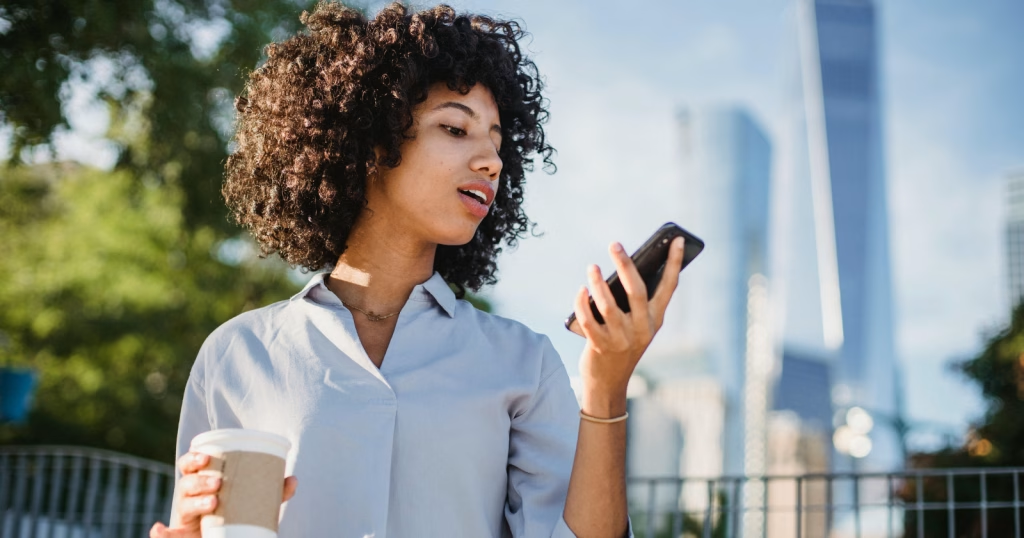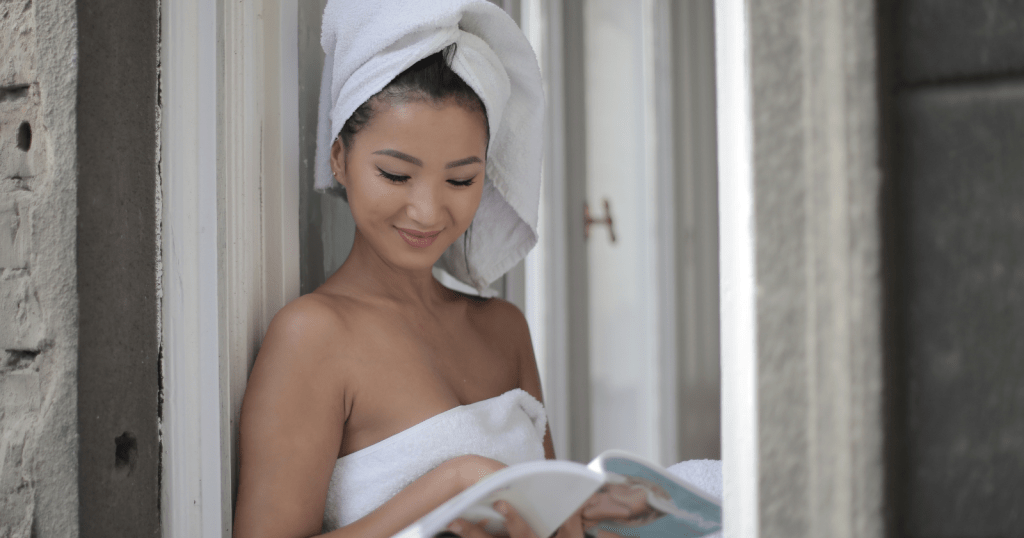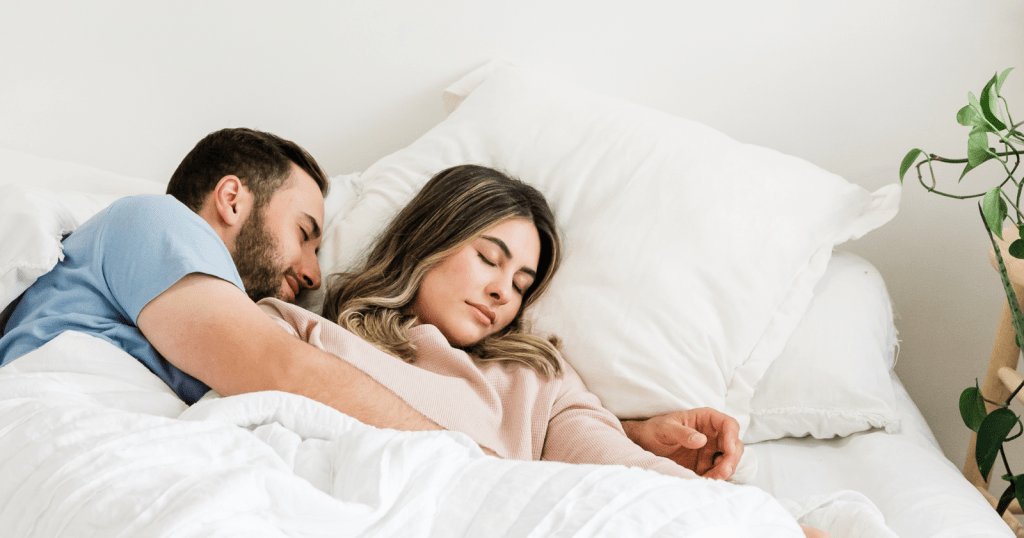As we navigate the ever-evolving landscape of technology, it’s impossible to overlook the profound impact dating apps have had on modern relationships.
These platforms have transformed how singles meet and connect, providing endless opportunities literally at their fingertips. While many embrace the convenience and variety these apps offer, it’s essential to consider their effects on sexual health.
Personally, I’ve witnessed both the positive and negative influences of dating apps firsthand. Understanding these impacts can empower singles to make informed choices, ensuring their digital dating experiences are both satisfying and safe.
1) Understanding the rise of dating apps
The digital revolution has reshaped many aspects of our lives, and dating is no exception. Have you ever wondered why dating apps have become so popular?
The answer lies in their ability to cater to our busy lifestyles by offering quick, convenient connections.
With over 300 million users worldwide, apps like Tinder, Bumble, and Hinge have become the norm. However, this ease of access to potential partners can sometimes lead to casual attitudes toward relationships and sexual health.
From my experience, while dating apps can be a fantastic way to meet new people, they also require users to be vigilant about their health and safety. It’s vital to approach these platforms with a mindset that prioritizes informed choices and self-awareness.
2) Navigating consent and communication
“Good communication is the bridge between confusion and clarity,” says Nat Turner, an American philosopher. This quote resonates deeply when discussing consent in the context of dating apps.
Many singles find that the digital nature of these platforms can sometimes blur the lines of consent. It’s crucial to establish clear communication from the onset.
In my work, I’ve seen that when communication is prioritized, it reduces misunderstandings and fosters respect. For example, discussing boundaries before meeting in person can ensure both parties are on the same page.
It’s also essential to be upfront about sexual health and history, a conversation that, while uncomfortable, is necessary for fostering trust and safety.
3) The psychological effects of dating apps
Have you ever felt overwhelmed by the choices presented by dating apps? This phenomenon, often referred to as “choice overload,” can lead to anxiety and dissatisfaction.
The paradox of choice, a concept explored by psychologist Barry Schwartz, suggests that while more options can seem appealing, they often result in less satisfaction.
Many of my clients report feeling stressed by the constant swiping and the pressure to find the “perfect match.”
It’s important to set realistic expectations and recognize that not every interaction will lead to a meaningful connection. Taking breaks from the apps and focusing on offline activities can help mitigate these feelings and lead to a healthier dating life.
4) Managing risks and promoting safety
Safety is a paramount concern when it comes to online dating. While dating apps have implemented features to protect users, such as photo verification and reporting tools, individuals must also take proactive measures.
Sharing your location with a trusted friend when meeting someone new, or choosing public places for initial meetups, are practical steps to enhance safety. In my experience, establishing personal safety boundaries is crucial.
Moreover, using protection consistently is a fundamental part of sexual health.
For those who prefer a reliable and convenient solution, the Trojan Ultra Thin Lubricated Condoms offer both safety and enhanced sensation, making them an excellent choice for singles navigating the dating scene.
5) The importance of self-care and boundaries
“Self-care is not a luxury, it is a necessity,” asserts Audre Lorde, a noted writer and activist.
This sentiment is particularly relevant in the context of dating apps. Engaging in online dating can be emotionally taxing, and it’s easy to feel burned out. Establishing boundaries is an essential form of self-care.
It’s important in setting limits on the amount of time spent on dating apps each day can prevent fatigue. Reflecting on personal needs and desires before swiping can also ensure that interactions align with your values and goals.
Always remember to regularly assess your emotional well-being and make adjustments as needed. This intentional approach can lead to a more fulfilling and balanced dating experience.
Conclusion
Dating apps have revolutionized the way people connect, offering endless opportunities to meet potential partners.
However, as with any tool, their impact on sexual health depends on how they are used. Understanding the risks, prioritizing open communication, and making informed choices are essential steps for singles navigating the digital dating landscape.
Research published in the Journal of Sexual Medicine highlights the correlation between dating apps and increased sexual activity, but also emphasizes the importance of education around safe practices, consent, and emotional well-being.
The key to leveraging these platforms is balancing exploration with self-awareness and prioritizing both physical and emotional health.
As Dr. Brené Brown reminds us, “Daring to set boundaries is about having the courage to love ourselves, even when we risk disappointing others.”
Applying this wisdom to dating apps means setting clear boundaries, honoring your values, and ensuring that each connection aligns with your goals and well-being.
Dating apps can be a powerful way to find connection and intimacy in the digital age. By approaching them with mindfulness, you can protect your sexual health while fostering relationships that are meaningful, respectful, and fulfilling.
With over 15 years of experience in sex education and therapy, Sarah Bennett has dedicated her career to empowering individuals and couples to build fulfilling, intimate connections. As a passionate advocate for open, informed discussions about sexuality, Sarah combines expertise with a compassionate, yet straightforward approach. You can find her with a book on her favorite park bench during her down time.





